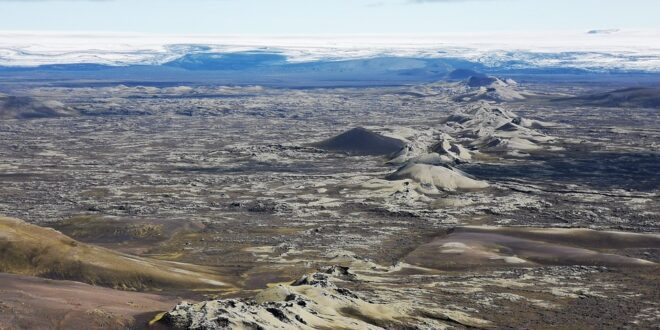The Rise and Fall of Continents: Understanding Plate Tectonics
Unveiling the Dynamic Earth
Our planet, Earth, is a vibrant and ever-changing entity. Deep beneath its surface lies a captivating secret: the phenomenon of plate tectonics. Let’s embark on a journey as we unravel the saga of the rise and fall of continents and comprehend the captivating dance of colossal rock pieces.
Discovering the Puzzle Pieces
The groundwork for understanding plate tectonics began with early geologists who analyzed vast expanses of land and interconnected geological formations. They mapped intricate boundaries and identified similarities across continents, perplexing them with tantalizing clues that held the key to Earth’s evolution.
Unleashing the Power within the Earth’s Core
Deep within the Earth resides an awe-inspiring dynamo. The Earth’s core – both molten and solid – fuels the dramatic geological transformations. It generates immense heat, driving the insatiable movement of vast lithospheric plates that shape the destiny of continents.
Gentle Drift: A Prelude to Major Showdowns
The lithospheric plates, large indestructible fragments of Earth’s outer shell, float atop the ever-flowing and super-hot mantle beneath them. Over millions of years, they gradually glide, barely noticeable, shaped by convection currents that transmit energy from the core. This gentle drift sets the stage for monumental battles between continents.
A Collision of Giants
Picture a colossal collision between colossal titans: continents crashing into each other with monstrous force, shape-shifting mountains rising in breathtaking splendor. Tectonic plates buckle and slide, causing earthquakes to unleash their energy. Mountain ranges such as the mighty Himalayas or the astonishing Andes slowly elevate, forming splendid topographic crowns.
Gravitational Symphony of the Oceans
Plate tectonics have monumental implications not only for vast land areas but also for our mystical oceans. The movement of tectonic masses influences the development of their depth, quantity, and features which in turn impacts the delicate balance of Earth’s ecosystems.
Constant Endeavor: Continents on the Move
Continents hardly remain still amid the dance of crustal provinces. They drift apart, freeing oceans to stretch like yawning mouths. On the other hand, they collide, giving rise to new supercontinents such as Pangaea and its predecessors. These ceaseless movements bring alternating periods of geographic unity and division, reshaping the very surface of our planet.
Reshaping the Earth: A Never-Ending Story
The rise and fall of continents continue as time traverses, driving the inexorable evolution of Earth. With each passing year, every decade and century, plate tectonics write a remarkable narrative of Earth’s past, present, and future, building the awe-inspiring landscapes and seas that we marvel at.
Fascinating World beneath our Feet
Now that the curtain has been lifted on the tremendous saga of plate tectonics, let us embrace the captivating world that lies at our feet. The ceaseless cycles of creation and destruction adapt our planet, crafting terrains where life thrives and legends unfold, leaving us awe-struck at the grandeur of the dynamic Earth.
 Mind Uncharted Explore. Discover. Learn.
Mind Uncharted Explore. Discover. Learn.




